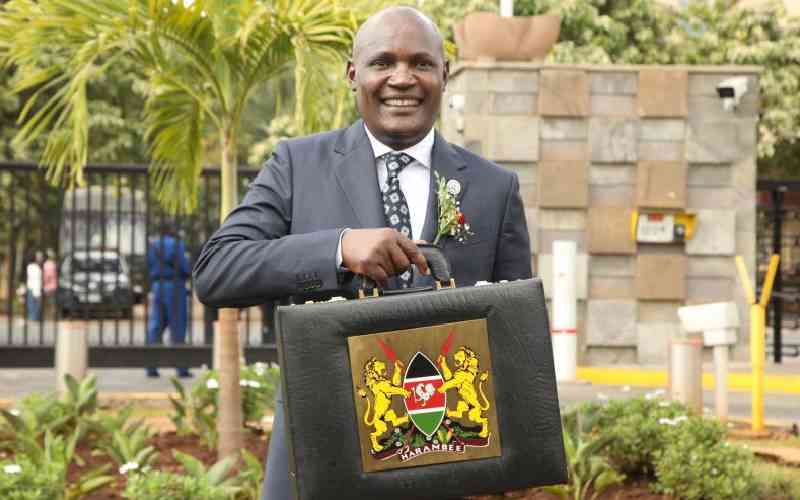By Kenneth Kwama
The New Year is days away. And factoring this year’s closing numbers, 2011 promises to be an exciting year, but before it really starts, the Financial Journal looks at 2010 facts and numbers. We collected heaps of numbers to trace out what has happened during the year.







